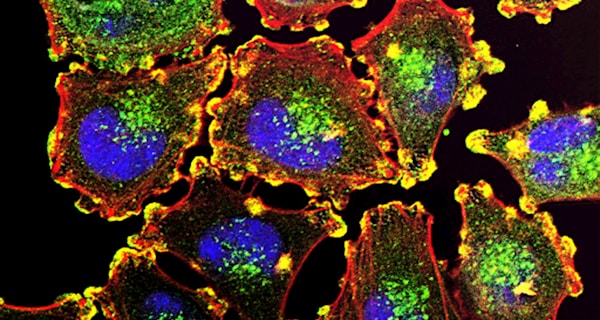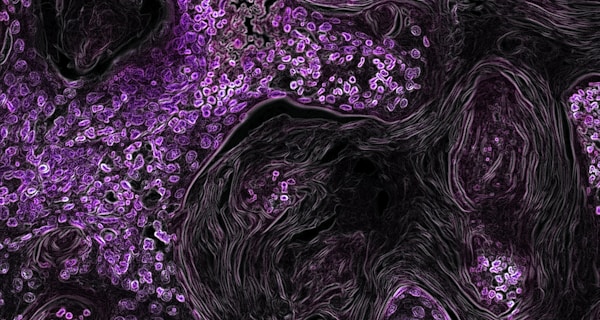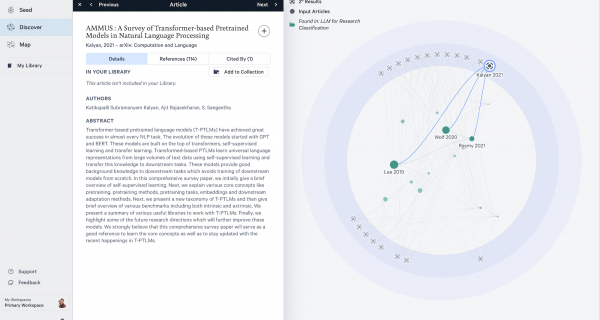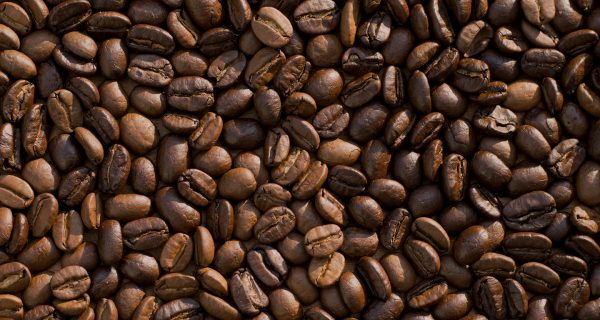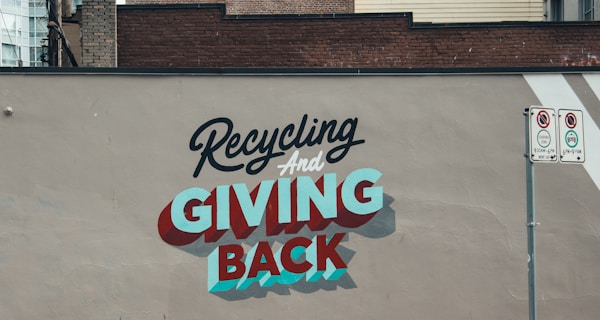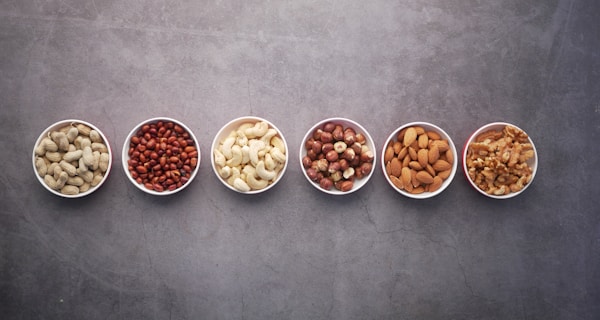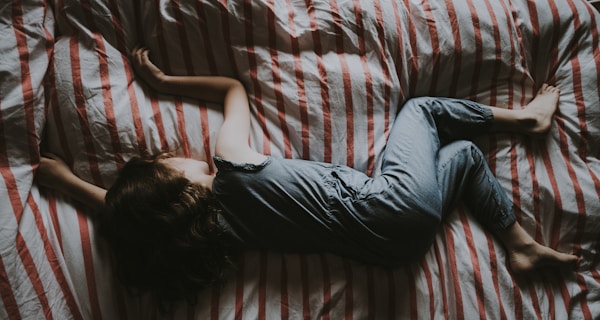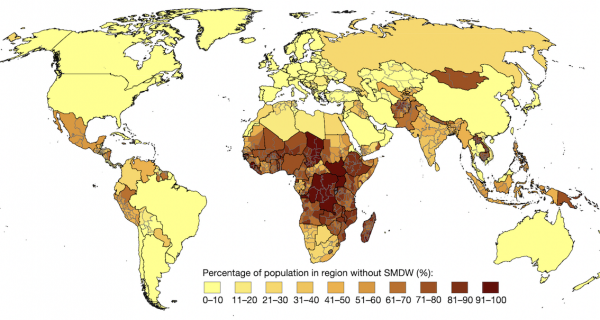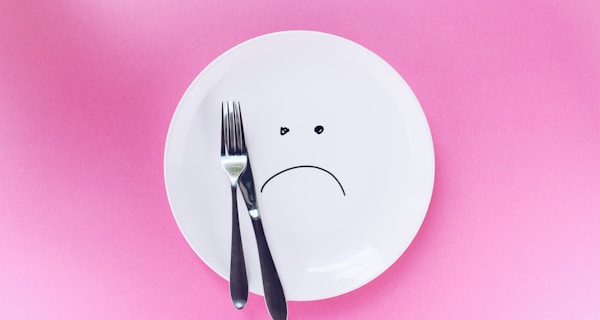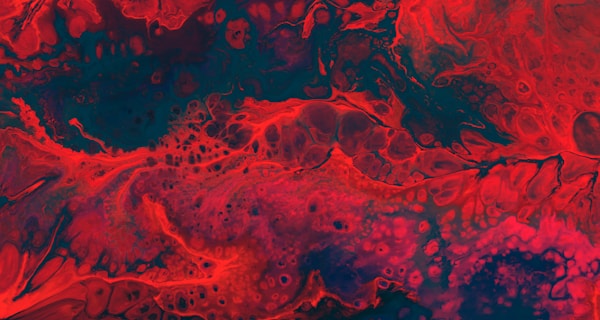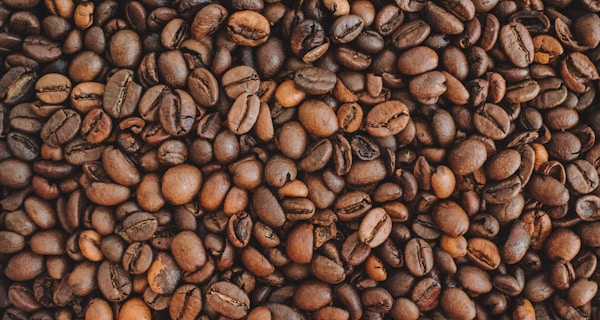Sunlight may trigger hormone that makes men hungrier, study suggests
Solar exposure induces food-seeking behaviour and food intake in men, but not in women. These results may lead to therapeutic opportunities for sex-based treatments of endocrine-related diseases

Have you ever thought or wondered whether men and women react equally to environmental cues? For example, do our female and male bodies react equally to ultraviolet (UV) radiation?
In a new study led by the Department of Human Genetics and Biochemistry, at Tel Aviv University, in Israel, researchers analyzed human dietary data of approximately 3,000 people over a year to see whether sunlight exposure has any effect on appetite. What they reveal is rather interesting, they find that men are significantly affected by solar radiation and its seasonal fluctuation compared to women, resulting in a more pronounced energy intake during summer.
Appetite regulation is a complex process that directly influences health, and it mainly involves ghrelin and leptin hormones. The environmental factors that control ghrelin secretion are music, light, and odor.
To analyze the studies results’ researchers averaged the monthly direct solar radiation data and found that men significantly increase energy consumption during the summer (March to September) as compared to winter (October to February) (2,188Kcal versus 1,875Kcal, respectively), while energy consumption in women remains the same (1,475Kcal versus 1,507Kcal, respectively).
To further explore the difference between the response of men and women to solar exposure, lead researchers asked volunteers to expose to the sun for 25 minutes on a sunny day. Upon solar exposure, in men, there is an enhancement of lipid and steroid metabolism while in women a decrease is observed. Their data suggests that, while both sexes increase their response to environmental cues and decrease their extracellular vesicle pathways, in terms of the immune system and metabolism, men and women react differently. These results are in line with the behavioral data obtained in mice and with reports from human subjects treated with phototherapy.
This study is one of the first of its kind to reveal that sunlight exposure enhances food-seeking behavior in males via ghrelin and a process that is prevented in females.








